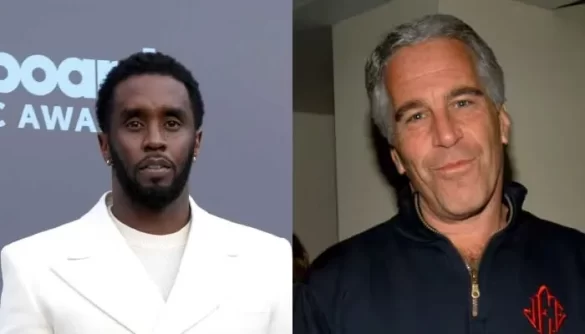Soaring Bills and Public Outcry
Well-known Pakistani actor, director, and producer Nabeel Zafar has voiced his deep frustration over the rising cost of living and the skyrocketing electricity bills affecting households across Pakistan. Speaking during a private television interview, Zafar said the electricity bills have reached such alarming levels that simply looking at them could give someone a heart attack.
His comments come amid growing public unrest over inflation and energy costs in Pakistan — a country already facing a challenging economic environment. According to the Pakistan Bureau of Statistics, inflation in recent months has hovered around 24–26%, with energy prices being one of the key contributors.
“I Turn Off Every Extra Fan and Light”
Sharing personal experiences, Zafar said he has become extremely cautious about electricity consumption at home. “If I see an extra fan or light on, I immediately ask for it to be turned off,” he stated. The actor added that his behavior reminds him of his late father, who used to warn the family about high electricity usage.
“Now I feel like his spirit has entered me,” Zafar joked. “I’m constantly reminding everyone to conserve electricity — just like he used to.”
Solar Panels: A Partial Relief, But Weather Plays Spoilsport
In an attempt to reduce his electricity bills, Zafar revealed that he had installed a solar power system at his residence. However, recent cloudy weather in Karachi, Pakistan’s largest city, has reduced the efficiency of his solar panels.
Using his trademark humor, the actor quipped, “When clouds appear, I say in my heart, either rain properly or leave the city — just let my solar system work!”
While renewable energy solutions such as solar power are becoming more popular in Pakistan, their reliability can still be inconsistent due to climatic conditions and limited infrastructure.
A Serious Message Behind the Humor
Though delivered with wit, Nabeel Zafar’s message struck a chord with many. His light-hearted tone carried a serious undercurrent — highlighting the increasing helplessness of the average Pakistani citizen who is struggling to keep up with basic utility costs.
This isn’t an isolated complaint. Over the past year, Pakistani citizens across various cities have staged multiple protests against exorbitant electricity bills. From Lahore to Peshawar, public demonstrations have erupted, demanding relief from what many call “unbearable” energy charges — especially after crossing the 200-unit consumption threshold, which has sparked widespread debate and concern.
Public Concern Grows Over Power Bills After 200 Units offers deeper insight into how this policy shift has impacted everyday consumers.
Government Ends Subsidies, Burden Falls on Citizens
The frustration is rooted in recent government policy shifts. In line with International Monetary Fund (IMF) loan conditions, the Pakistani government has phased out electricity subsidies, transferring the full burden of energy production costs to consumers.
As a result, even middle-class and upper-middle-class households, once relatively shielded from utility cost spikes, are now feeling the pressure.
According to energy sector analysts, electricity prices in Pakistan have increased by nearly 70% over the past 18 months, and more hikes are anticipated in the coming fiscal year. The average per-unit cost of electricity has now crossed Rs 50 per unit in some areas, while fuel adjustment charges and taxes add a significant amount to the final bill.
Inflation’s Ripple Effects
The rising electricity costs are part of a broader economic challenge. Pakistan’s currency has lost significant value, pushing up the price of imported fuel and raw materials. Meanwhile, wage growth has stagnated, leaving households with less disposable income and mounting bills.
In this context, Nabeel Zafar’s remarks act as both a mirror and a megaphone — reflecting the reality many face, while amplifying public sentiment through a familiar and trusted voice.
Conclusion: More Than Just a Viral Clip
Zafar’s blend of humor and sincerity has resonated widely online, with clips from his interview being shared across social media. His words have given a human face to an ongoing national crisis, one that affects millions but often lacks visible representation in media.
As the cost of living continues to rise, and with little sign of immediate relief from the government, celebrities like Nabeel Zafar are increasingly becoming unexpected spokespeople for public grievances.
His message is clear: It’s no longer about luxury — it’s about survival.















